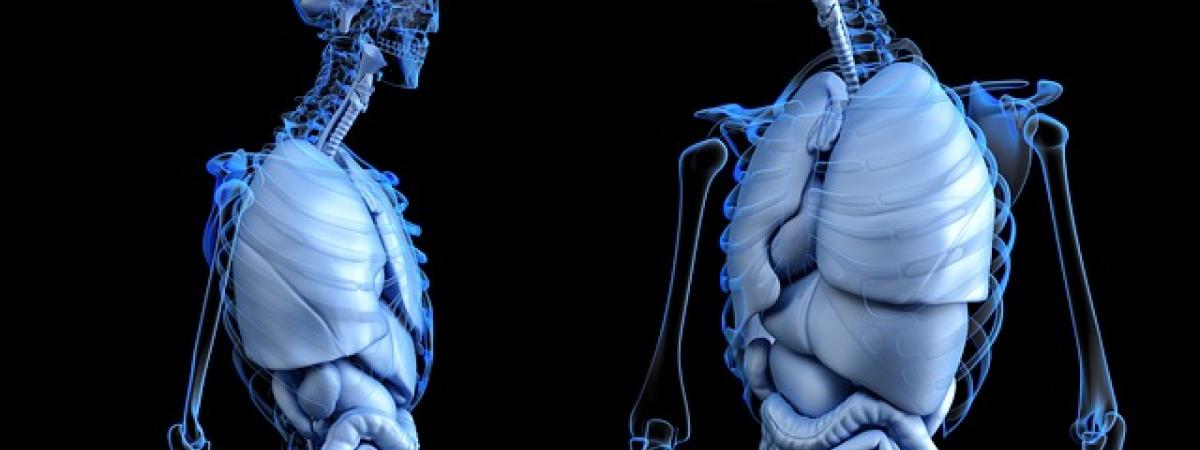5 reasons to love your liver
published in Reader's Digest,
02 January 2017

The word ‘liver’ is often associated with traditional school dinners or alcohol damage. Yet the liver actually serves more than 200 functions and is the largest organ in your body.
It controls your blood sugar levels
The liver synthesises and stores sugar: overindulge on sugary treats and the liver will remove the sugar from the blood and store it; go without sugar, and your liver will release sugar from the stores and even make new supplies of sugar. Insulin is the messenger that lets the liver know how much sugar is in your blood.
Rather like a well-stocked larder, your liver also stores vitamins, iron, fat and cholesterol. These reserves can be called upon when your diet is lacking. Too much fat in the liver, though, can lead to heart trouble and diabetes.
It cleans your blood
Your liver is the ‘largest blood reservoir in the body’, holding up to 15% of your entire blood supply. Whilst in the liver, your blood is cleaned out: old or damaged red blood cells are destroyed, hormones are removed and toxins such as pesticides, drugs or chemicals are broken down into smaller molecules that can be passed out in the urine.
Your liver is the ‘largest blood reservoir in the body’, holding up to 15% of your entire blood supply.
Alcohol or drug overdose, however, can overwhelm the liver, and liver damage results.
It can regenerate
Lizards regrow their tails, starfish regrow their arms, humans can regrow their livers. This is good news for those awaiting liver transplant: the donor needn’t be dead. In living donor liver transplant, the donor gives away part of his liver. The donor liver grows back to full size and the recipient’s new liver grows to a normal size. If the donor is dead, his liver can be divided in two and save two lives.
Steve Jobs was seeking a liver donor as he battled pancreatic cancer. His friend and colleague, Tim Cook, offered to be a living donor, but Steve refused, later receiving a liver from an anonymous donor that allowed him to live long enough to launch the iPad.
It makes bile
Liver cells produce a litre of bile each day – a brownish-yellow bitter fluid that enters the small intestine to help with fat digestion (its colour contributes to the colour of your faeces). The bile is stored in the gallbladder, where it can crystallise causing troublesome gallstones.
Owing to its bitterness, the word bile is used outside the medical world to describe acrimony, bitterness and vitriol. “Cut through the bile and hatred and you’ll find a fascinating football match” read a recent Times headline.
An unloved liver will fail
Liver disease is the fifth most common cause of death in the UK.
Alcohol kills liver cells. The liver can regenerate, but with excess alcohol the rate of liver cell death exceeds the rate at which new cells are made. At first, the damage won’t be obvious: according to Dr Tim Cantopher, your liver can still work even when 70% of it is damaged. He warns, however, that “from working well, the liver’s demise is sudden in many cases”. Liver disease is the fifth most common cause of death in the UK.
Historically, the liver (once assumed to be at the centre of your circulatory system) was more highly esteemed than the heart. When did the liver lose its lustre? It’s time to wax lyrical about your liver.
